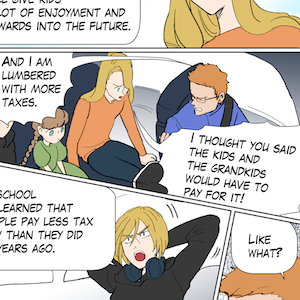Today (January 18, 2024), the Australian Bureau of Statistics released the latest – Labour Force, Australia – for December 2023, which tells us where things were at by year’s end. This looks likes the first real signs of a slowdown although the rather large swing in participation suggests there is some sampling variability and the incoming rotation group for December 2023 did have a lower participation rate than the outgoing group. Employment growth has been unusually strong in the previous few months but has now turned negative. Without the very sharp fall in participation, the official unemployment rate would have been 4.5 per cent rather than the official recorded rate of 3.9 per cent – a difference of 98.3 thousand workers. While we will see whether the data will be revised next month, a substantial number of workers who may have been or become unemployed have left the labour force in December as the demand-side weakened. There remains 10.4 per cent of the available and willing working age population who are being wasted in one way or another – either unemployed or underemployed. Australia is not near full employment despite the claims by the mainstream commentators and it is hard to characterise this as a ‘tight’ labour market.

